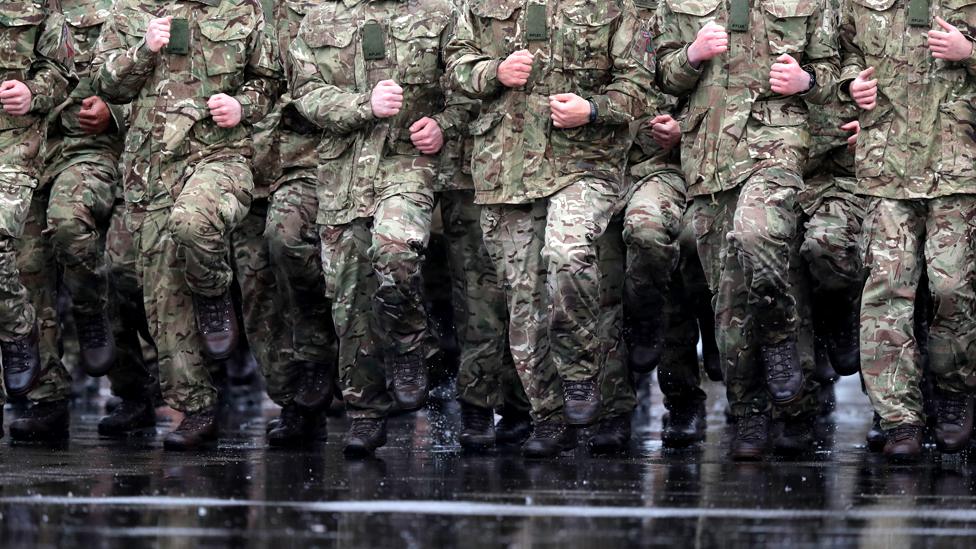Ministry of Defence aims to double women recruits in military by 2030
- Published
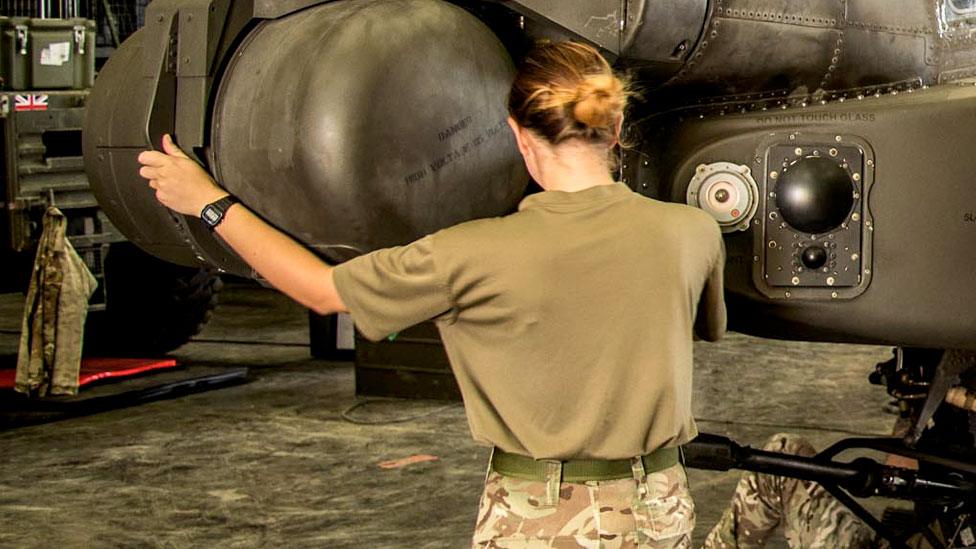
The number of women recruits in the Armed Forces would be doubled and the male-dominated culture tackled, under plans from the Ministry of Defence.
The reforms are a response to a report from MPs on women in the military which included accounts of assault and rape.
But the MoD did not accept a key recommendation in the report to remove cases of rape and sexual assault from military courts.
More than 4,000 women - veterans and those still serving - gave evidence.
The Commons Defence Sub-Committee on Women in the Armed Forces published its landmark report earlier this year.
Conviction rates for rape in military courts are up to six times lower than civilian courts, the sub-committee said.
Under the reforms announced, the number of women recruits in the military would increase to 30% by 2030.
Defence Secretary Ben Wallace said almost 90% of the women who engaged with the MPs' inquiry "said they would recommend a career in the armed forces".
But he conceded further change was needed, adding military leaders had "listened carefully and are implementing bold changes in response".
"Having tested the recommendations with our own service women's networks, we are embracing almost all of them - and in many cases actually taking them further," Mr Wallace added.


Increasing the proportion of women in the military has long been a goal. But it's easier said than done.
MPs on the Defence Select Committee have already expressed concern that a previous female recruitment target of 15% by 2020 has already been missed.
Women currently make up 11% of the regular Armed Forces, and just over 15% of the reserves - who help boost their numbers.
Doubling that recruitment target to 30% by 2030 will be no easy task.
That might explain why the MoD has expressed it as an "ambition".
It's also focused on recruitment rather than retention.
There's no doubt that ministers and senior officers have tried to make the Armed Forces a more attractive career for women - introducing more flexible working, better child care and opening up all roles to them including joining the infantry and Special Forces.
But as the MPs note, progress has so far been "glacial".

Complaints about sexual assault and rape will also be removed from the direct chain of command after MPs heard many of those abused did not complain.
MPs said in July that women in the armed forces who were victims of bullying, harassment, discrimination and serious sexual assault were being "denied justice" by a "woefully inadequate" military complaints process.
They called for the creation of a new defence authority to investigate allegations of bullying, harassment and discrimination outside the chain of command.
The MoD has agreed that complaints will be dealt with outside the chain of command, but has not agreed to create a new defence authority.
The aim to increase the number of women recruited into the military to 30% by 2030 is more than double the current target.
'New era'
Sarah Atherton, the Conservative MP and former soldier who led the investigation, described the MoD's response as "thorough" and said that Mr Wallace showed "ongoing commitment to servicewomen and veterans".
"Our inquiry discovered that six out of ten women who had experienced abuse, did not complain for fear of the impact it would have on their career, or because they thought nothing would be done," she said.
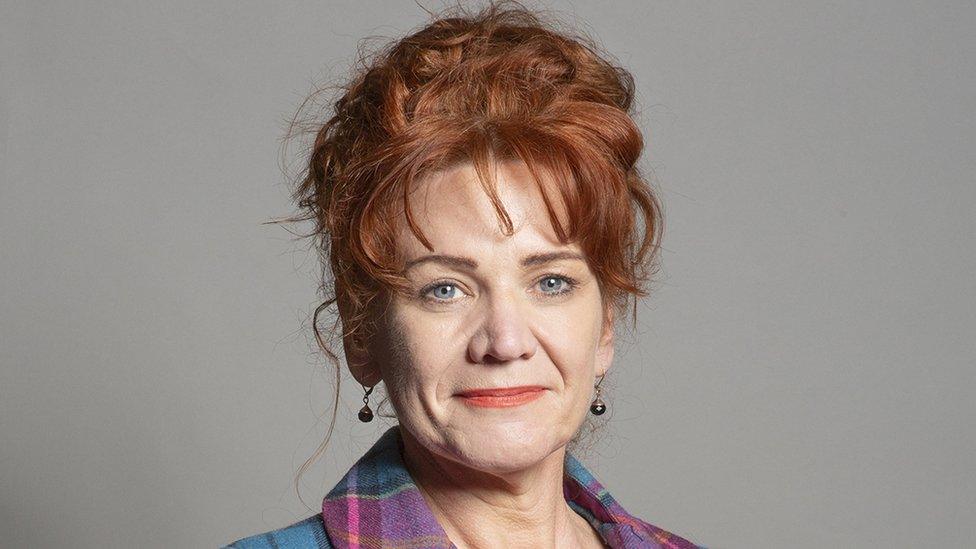
Sarah Atherton, an MP and former soldier, led the Commons inquiry into women in the armed forces
"The fact that a servicewoman can now make a sexual complaint safe in the knowledge that her direct chain of command won't be handling it is a huge step forward."
"I hope that this is the beginning of a new era of accountability for the military," she added.
Related topics
- Published25 July 2021
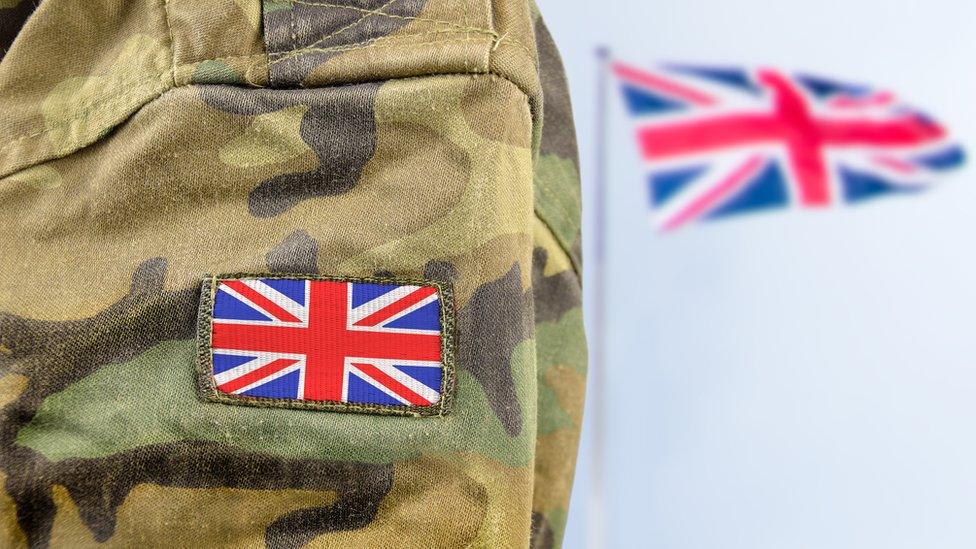
- Published11 July 2020
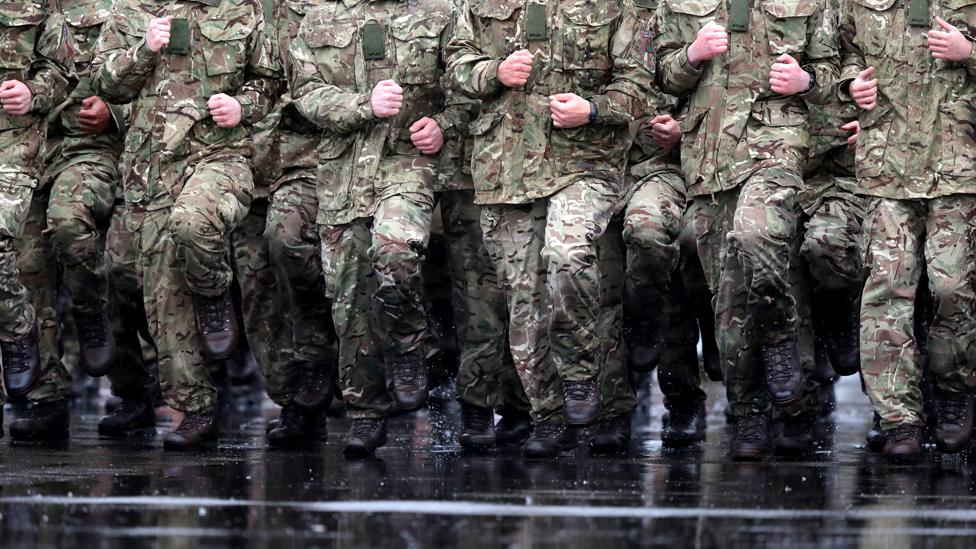
- Published11 June 2020
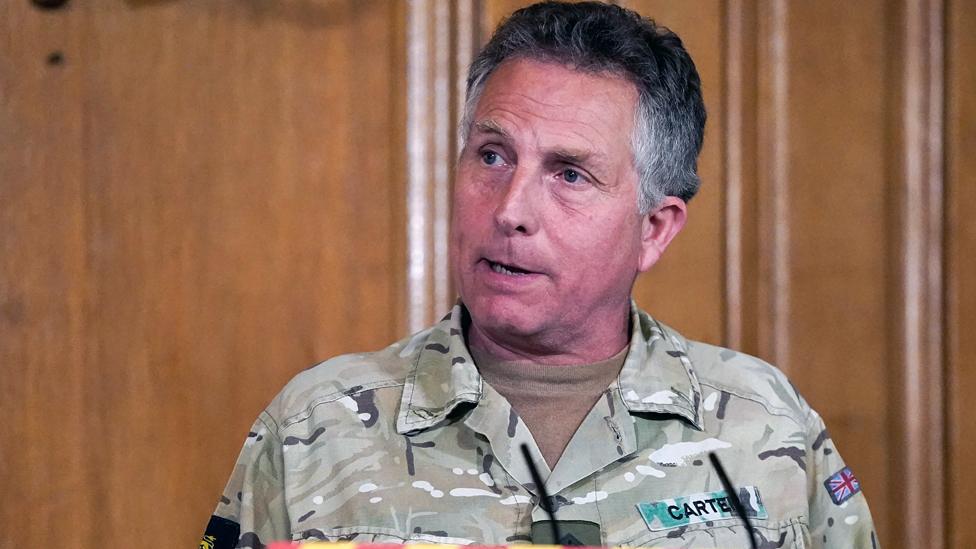
- Published7 August 2019
